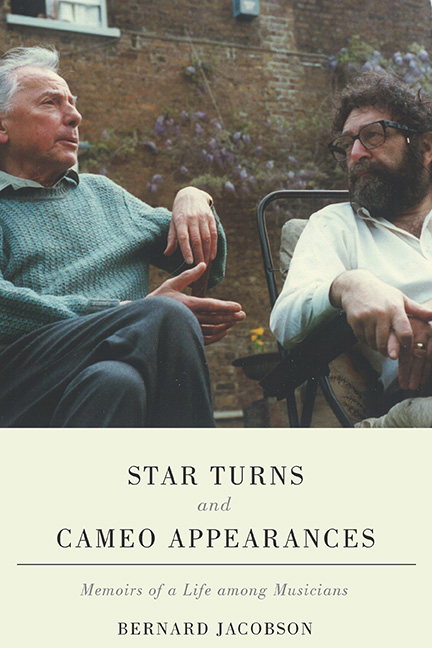Book contents
- Frontmatter
- Dedication
- Contents
- Preface
- Acknowledgments
- 1 “Till Ready,” to 1960
- 2 Inside the Record Industry, 1960–64
- 3 Freelance in London and New York, 1964–67
- 4 Chicago Years, 1967–73
- 5 Exchanging Criticizing for Supporting, 1973–76
- 6 The Pastoral Dream, 1976–79
- 7 Inside Music Publishing, 1979–84
- 8 Philadelphia, First Installment, 1984–91
- 9 Back to Holland, 1992–95
- 10 Philadelphia, Second Installment, 1996–2005
- 11 West Coast Years, 2005–14
- 12 Philadelphia, Yet Again, 2014–?
- Afterword
- Index
- Photographs follow page 148
- Plate section
8 - Philadelphia, First Installment, 1984–91
Published online by Cambridge University Press: 05 February 2016
- Frontmatter
- Dedication
- Contents
- Preface
- Acknowledgments
- 1 “Till Ready,” to 1960
- 2 Inside the Record Industry, 1960–64
- 3 Freelance in London and New York, 1964–67
- 4 Chicago Years, 1967–73
- 5 Exchanging Criticizing for Supporting, 1973–76
- 6 The Pastoral Dream, 1976–79
- 7 Inside Music Publishing, 1979–84
- 8 Philadelphia, First Installment, 1984–91
- 9 Back to Holland, 1992–95
- 10 Philadelphia, Second Installment, 1996–2005
- 11 West Coast Years, 2005–14
- 12 Philadelphia, Yet Again, 2014–?
- Afterword
- Index
- Photographs follow page 148
- Plate section
Summary
By 1984, I already had some acquaintance with two men who were to be instrumental in my next big change of course: Stephen Sell and Riccardo Muti. I first met Stephen around 1970 when he was managing the Saint Paul Chamber Orchestra. The warm rapport we established then was cemented in the mid-1970s: he was working for the National Endowment for the Arts when, as director of Southern Arts Association, I traveled to the United States with a group of my colleagues to study the workings of public arts subsidy in the States, and I spent valuable hours with him in Washington. And in 1976 I had reviewed with great enthusiasm a concert Muti conducted at the Edinburgh Festival, which included dynamic performances of Beethoven's Christus am Ölberge and the original version of Schumann's Fourth Symphony.
Despite the successful decade Muti spent as principal conductor of London's Philharmonia Orchestra, his performances in England did not always meet with critical admiration. In 1982, the year he left that post, he conducted the Philadelphia Orchestra in two BBC Promenade Concerts at the Royal Albert Hall. Paul Griffiths, who had recently become chief music critic of the Times of London, reviewed the first of them in terms so intemperately scornful and dismissive that one of his deputies, reviewing the second concert a day later, disregarded protocol to the surprising point of more or less explicitly apologizing for what his boss had written.
It was in about 1979 that I finally met Muti face to face. At the Westbury Hotel in London, he interviewed me for a possible appointment as general manager of the Philharmonia Orchestra. We had a very pleasant conversation, and I was then invited to meet the orchestra's player-chairman, the clarinetist Basil Tschaikov. He seemed enthusiastic, and suggested I was likely to receive a positive message very soon. But several weeks passed without further word. I guessed that the orchestra would choose one of Muti's recording producers at EMI, and my hunch proved correct when Christopher Bishop was appointed to the post.
Soon after that, I went to work instead for Boosey & Hawkes. But publishing has never been a well-paid trade, and my divorce in 1982 left me in severe financial straits.
- Type
- Chapter
- Information
- Star Turns and Cameo AppearancesMemoirs of a Life among Musicians, pp. 178 - 209Publisher: Boydell & BrewerPrint publication year: 2015



